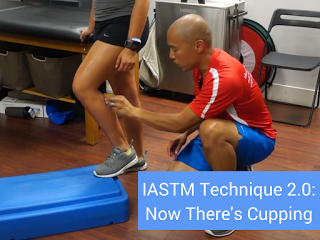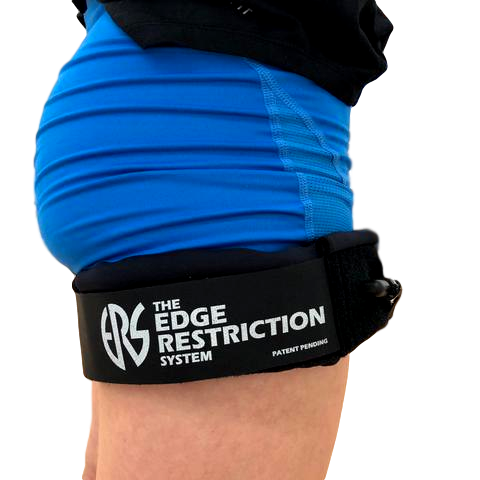From acute cervical pain, to TMD, lumbar radiculopathy, and patellar pain, what is your most important take home point for ANY condition?
It's up to you! If there is one thing that I stress, it's that as much as we are able to help a patient feel and move better, the effects are transient and MUST be maintained by them at home. If they leave, say they felt better for 1-2 days, then come back and they they're the same or no change... it's THEIR fault! (providing you chose the correct HEP)
Here are some commonly heard excuses and my responses...
- I CAN'T do any exercise 10 times/hour! --> It's entirely possible, you're telling me you WON'T do it 10 times/hour. It takes 30 seconds/hour to do, NO ONE is that busy.
- I felt better when I left, but it only lasted for about a day. --> Did you do your homework? --> Not as much as I was supposed to. --> YOU can keep some of the improvements between visits if you're compliant. If you left better, and it did not stay in, it's on you. I only see you for 30 minutes 1-2 times/week!
- caveat - obviously they may need a change in HEP, more coaxing into end range, self generated overpressure, or you may have chosen the wrong direction for the DP
- Isn't there just a brace I can wear to help me with my posture? --> No, a brace just makes your body reliant on wearing the brace. Posture requires constant attention and frequent movement, not just holding in place.
- But I love sleeping on my stomach! --> If you wake up every morning feeling worse, you most likely have to change your sleeping position. We can go over positions that your body will think are similar but less stressful.
The things patients can come up with are endless, in the end, you must make them responsible for their condition and get them away from passive treatments relying on any practitioner for maintenance. Most neuromusculoskeletal conditions will not need maintenance visits. Most patients fall into the rapid responder category, but even the slow responders will eventually get discharged.
So, that's my bias as an MDT practitioner. What is yours?
a Rafflecopter giveaway
So, that's my bias as an MDT practitioner. What is yours?
a Rafflecopter giveaway












Post a Comment
Post a Comment